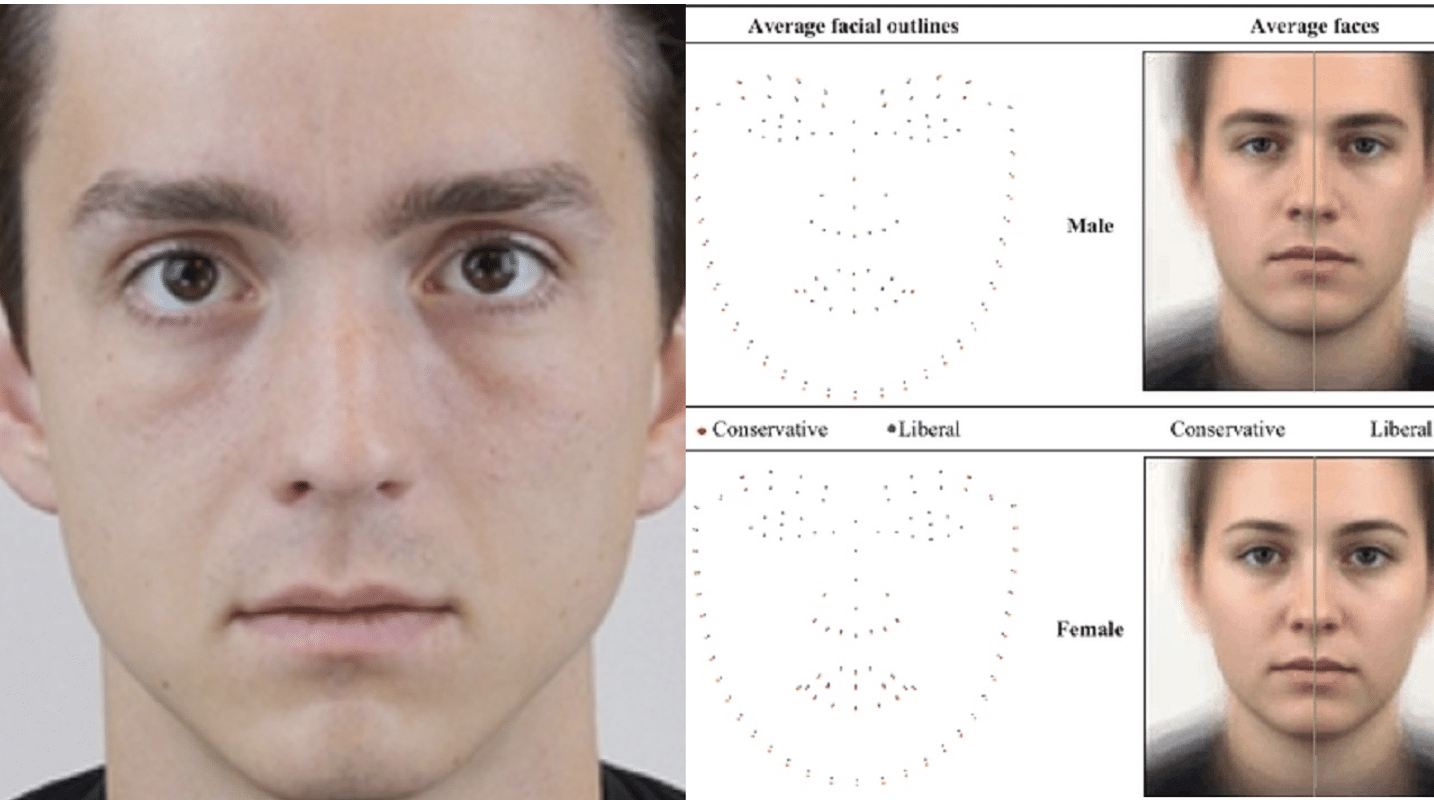Researchers have successfully revived microscopic creatures that had been kept frozen for 30 years. Tardigrades, also known as waterbears or moss piglets, are tiny water-dwelling organisms. They’re segmented, with eight legs, and measure 1mm in length. Scientists at Japan’s National Institute of Polar Research retrieved the creatures from a frozen moss sample collected in Antarctica in 1983. The sample had been stored at −20 °C for just over three decades.
Two waterbears were resuscitated. One of them died after 20 days, but the other went on to successfully reproduce with a third specimen hatched from a frozen egg. It laid 19 eggs, of which 14 hatched successfully. Found throughout the world, tardigrades can survive extreme pressure, such as deep underwater, and can even live in the vacuum of space for several days. When they’re frozen, the creatures enter a state called cryptobiosis, in which their metabolic processes shut down, and they show no visible signs of life. FULL REPORT


















